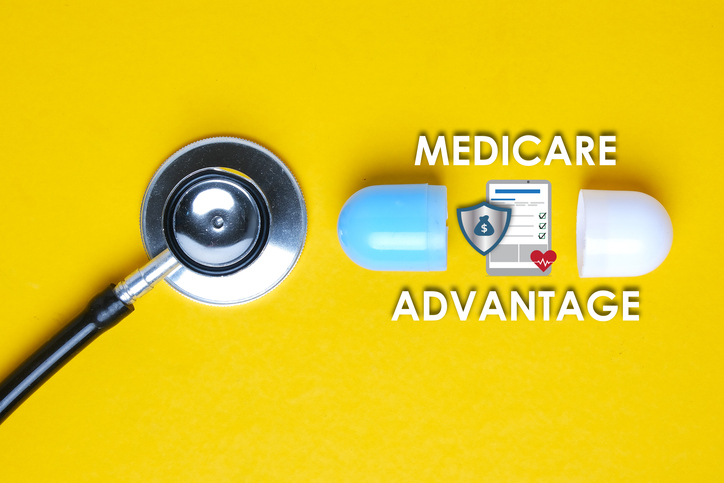
Exploring changes to 2025 Medicare Advantage dental benefits

Experts have assessed the shifting policy landscape of Medicare Advantage dental benefits in 2025.
The proportion of Medicare Advantage plans providing dental benefits has expanded in recent years, according to an article published as part of the Health Affairs Forefront series “Supplemental Benefits in Medicare Advantage.” Although up to 97% of Medicare Advantage beneficiaries are enrolled in plans that offer dental benefits, older U.S. adults have lower rates of dental insurance coverage.
The experts indicated that Medicare Advantage beneficiaries have comparable rates of annual dental visits as well as out-of-pocket costs to traditional Medicare beneficiaries as a result of several factors: high annual deductibles or co-insurance rates, the exclusion of needed services, and restrictive provider networks. In addition, the number of Medicare Advantage plans available in 2025 decreased by 6%, potentially impacting access to coverage among beneficiaries residing in some areas of the country.
Ongoing efforts to improve access to care among this patient population include a mid-year notification of unused dental benefits — which could inform beneficiaries of components of their Medicare Advantage plans they may not be aware of — and the required reporting of dental utilization data from Medicare Advantage plans. These strategies could help inform policy changes designed to eliminate barriers to dental care. The experts detailed that traditional Medicare plans must now provide medically necessary dental care prior to certain procedures such as valve replacement, organ transplant and head and neck surgery.
The experts emphasized that the 2025 changes may not significantly alter the provision of dental benefits or improve oral health among beneficiaries. However, these changes could provide insights into whether Medicare Advantage plans need to weigh the expansion of dental coverage to better meet the growing needs of older U.S. adults.
Read more: Health Affairs
The article presented here is intended to inform you about the broader media perspective on dentistry, regardless of its alignment with the ADA's stance. It is important to note that publication of an article does not imply the ADA's endorsement, agreement, or promotion of its content.